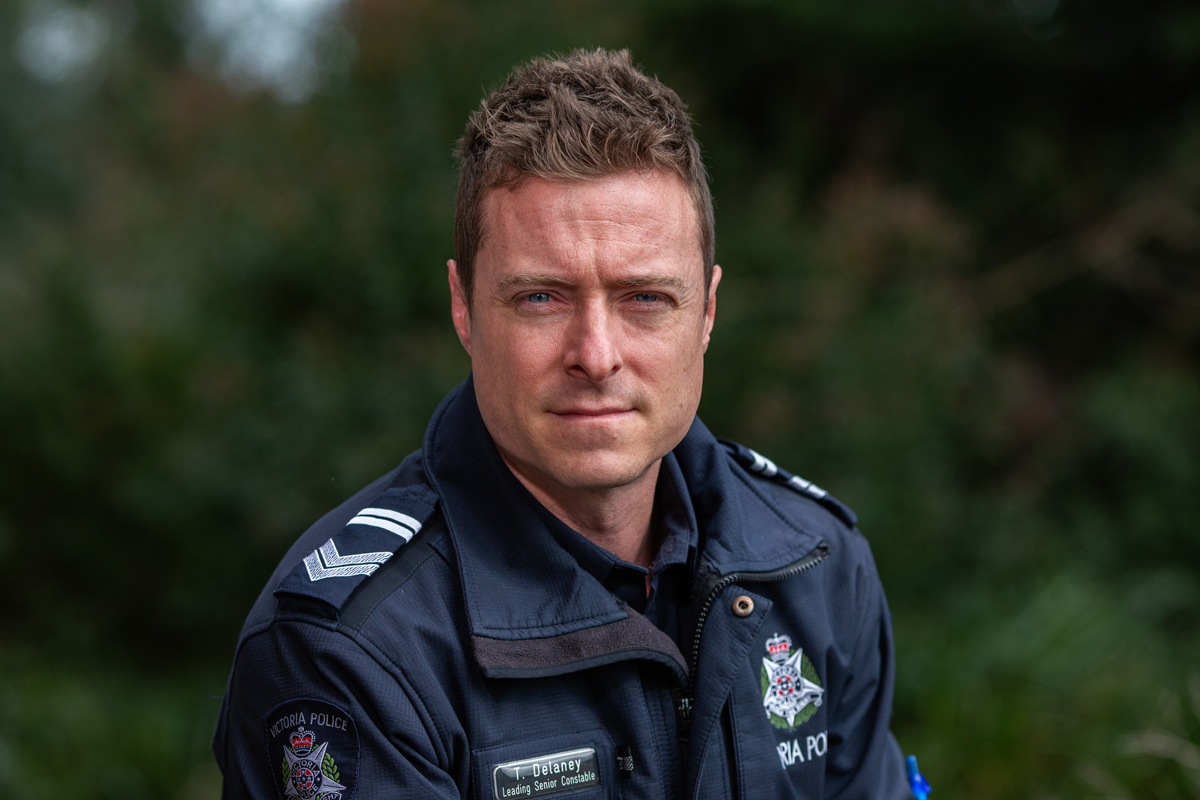THE time-worn adage that it “takes a village to raise a child” is the unofficial motto of youth specialist officers on the Mornington Peninsula who are leading the way in proactive policing and initiative based support of young people.
Along with youth resource officers, specialist officers like Somerville’s Senior Constable Trent Delaney work directly with young offenders to prevent recidivism and get them back on track.
They work mainly with 10 to 20 year old offenders involved in serious crimes and network offending, including evading police, assaults, aggravated burglaries, carjackings and anti-social behaviour.
Delaney says he has a genuine and altruistic interest in supporting vulnerable youth to be a part of the community.
He cut his teeth in the force working in some of the toughest sectors, spending five years at Frankston, five at Carrum Downs and another two at the family violence unit at Somerville before moving over to the youth service unit.
“That kind of work has given me a fantastic footing working with young people, but also getting to work with families, service providers and the community,” Delaney said.
“Through that multi-disciplinary experience, I have come to love working with young people and experiencing the satisfaction when a young person’s life is changed, and that ultimately changes a whole lot of outcomes.”
Youth specialist officers work on proactive engagement and “humanising policing”, which is often difficult in an environment where the public perception of young people is negative, and young people have a negative attitude to police.
Delaney says he has a range of things in his policing “toolkit” but says that language and communication is a big part of breaking down some of the barriers.
“What’s the catalyst for the young person’s behaviour or disengagement? If you can get to know a bit about them and can narrow down the reasons it’s a good start to knowing how to help them,” he said.
“It’s not about further entrenching that negativity, we work with parents, with employment services, other youth services and schools – it’s a community and it takes a community.
“But what drives one young person isn’t the same as what drives another to behave in a certain way, so we know that an individual approach is the only way. We know that sometimes boredom or just needing money is a driving force for youth crime, so we work with a range of services to keep young people either in school, or to find employment and help them be part of their own journey forward.”
Delaney will next month go to Denmark and Germany to learn about those countries’ policing, community engagement and intervention models, with the hope of implementing some of them in the peninsula and Frankston areas, and perhaps Victoria-wide.
“Denmark leads the way in terms of community engagement and working with schools. It’s systematic over there and the results speak for themselves,” he said.
“As a police officer working in this field, we know that early intervention is critical with young people, and we are always focused on getting out to schools and into the community to talk to young people to let them see us as people too.
“Because at the end of the day, we were young once, and we faced many of the same issues all young people face. I grew up on the peninsula and I know that helping and supporting young people is helping the community.”
Youth resource officers and youth specialist officers have so far this year visited 80 schools in the Frankston and peninsula areas, delivering classes to pre-school up to year 12.
Delaney said the biggest satisfaction of his role is meeting young offenders who returned, often years later, to thank him for taking the time to work with them, support them and show them respect.
“Yes, there are often times when we get to meet people we’ve had dealings with and they’ve changed their lives, it’s fantastic and a good part of the reason we do this.”




